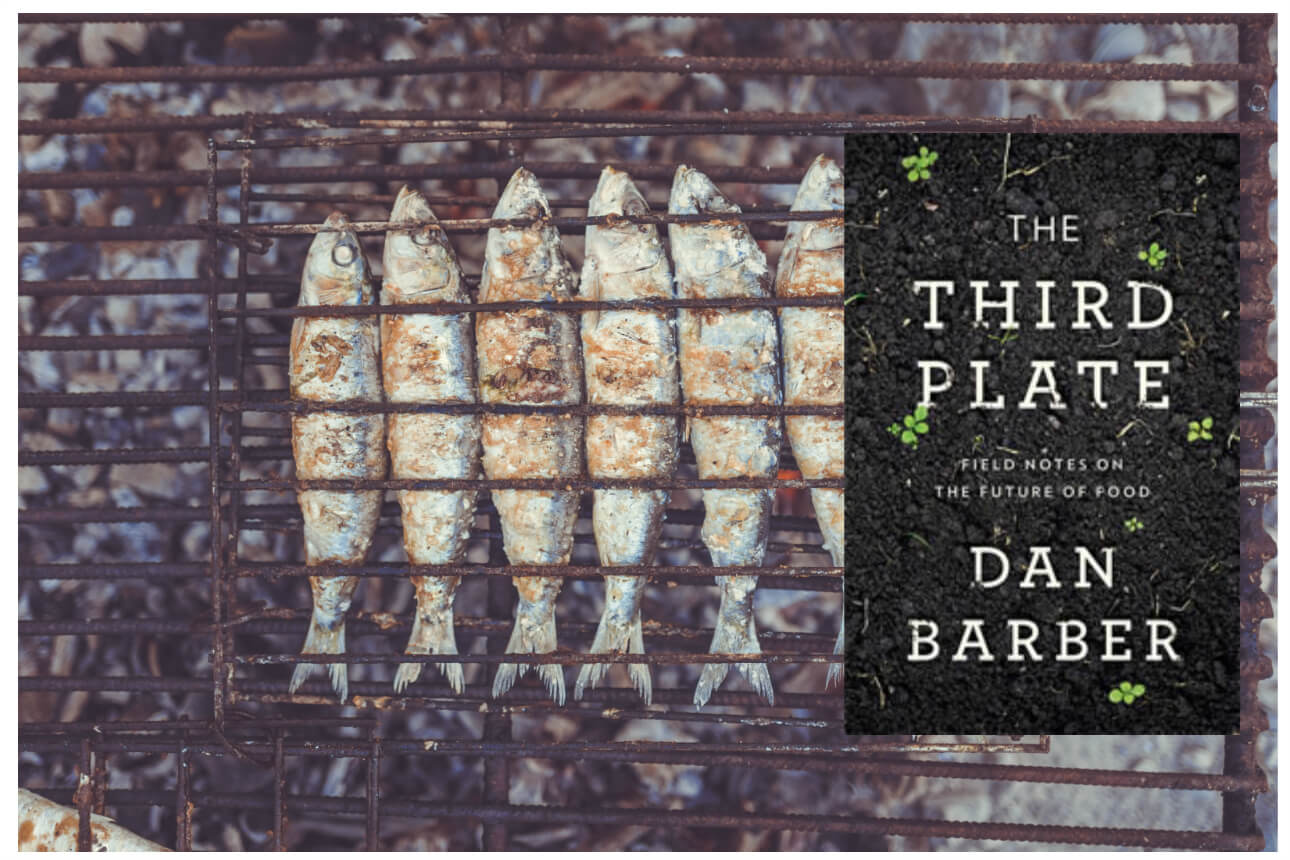This book review of The Third Plate is the first in a series of travel-related book reviews in Odyssa Magazine.
The Third Plate: Field Notes on the Future of Food
Dan Barber is in Season One of Chef’s Table, a series on Netflix to which I am addicted. I am blown away every episode by the passion and certainty of the featured chefs. So, Dan Barber is no schlub when it comes to cooking and ingredients. With his experimental farm in New York and his Michelin-starred restaurant, the man knows about food. I didn’t realize how much until I read his book The Third Plate.
The premise of the book is that the typical American plate of food is skewed to ingredients that, owing to abundance, industrialization of food, and lack of imagination, are not only NOT good for us or the planet, but are just plain not good. The proverbial “first plate” is the typical idea of dinner–hunk of meat, sides of veg and starch. The “second plate” is the recent urge to make sure that the meat is humanely raised and everything is organic. Dan invents the idea of the “third plate” as a rethinking of what even goes on the plate. The ingredients would be ever-evolving, depending on the food system and the environment, recognizing that what we eat is as important to saving the planet as any other choice we make.
He makes a compelling argument through a type of travelogue. By journeying to the different locales where farmers and other producers are shepherding the creation of sustainable and delicious ingredients, Dan highlights alternative ways of growing and finding food, and how we should shift our expectations of what should be on our plates.
One of the most important parts of the book, to me, was his section on overfishing, a problem I wasn’t even aware existed before I read the book. I had heard that certain species of fish had low stocks (bluefin tuna and Atlantic cod, for example), but I didn’t really know why, and because you can pretty much still buy these fish in shops and restaurants at non-exorbitant prices, I assumed that things couldn’t really be that bad.
Yes, they are that bad.
The Third Plate could have easily devolved into a preachy diatribe about farming and sustainability, but Dan’s humor, passion, and vivid descriptions of the people he meets and the places he explores kept this reader turning pages. At the end, I was shocked that we have to keep reminding ourselves of how much we are all really connected–to each other, to our environment, and to the water.
(For a great book about a scientist who defined and described these connections beautifully, I highly recommend The Invention of Nature by Andrea Wulf.)

